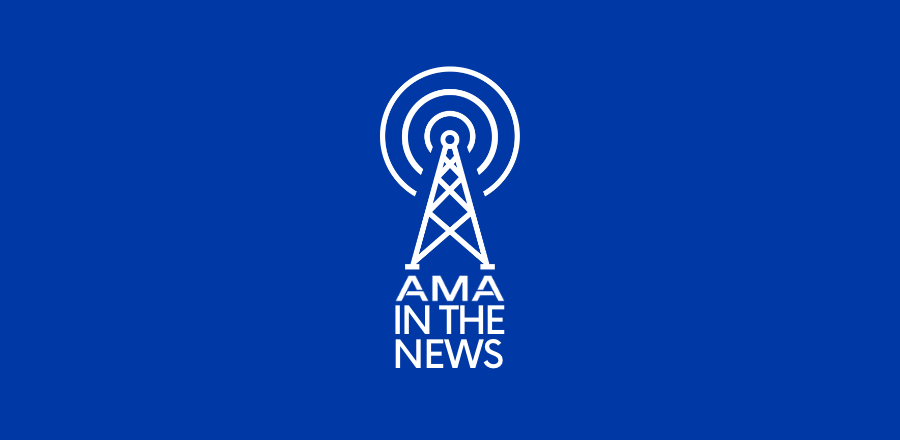Sugar tax sends signal to change unhealthy habits
AMA Vice President Dr Danielle McMullen spoke to the media this week about the AMA’s push for a sugar tax on sugar-sweetened beverages.

AMA Vice President Dr Danielle McMullen spoke to the media this week about the AMA’s push for a sugar tax on sugar-sweetened beverages.
Sugar-sweetened beverages have no nutritional value, contribute to a range of illnesses, including diabetes, and should be taxed to encourage healthier alternatives, the AMA told the media this week.
AMA Vice President, Dr Danielle McMullen, said a sugar tax on sugary soft drinks would raise the cost of a can of soft drink by about 16 cents and prompt people to think about their purchase and make different choices at the supermarket.
“We need to realise that these sugar-sweetened beverages with no nutritional value are contributing to illnesses, like diabetes, as well as dental decay and people who suffer from being overweight or obesity and can be at increased risk of other health complications,” she told Tom Elliott on 3AW’s Drive in Melbourne.
“We should be doing everything we can to encourage a healthier lifestyle.”
The AMA says that sugar-sweetened beverages are a major contributor to the obesity crisis and provide almost no nutritional benefit.
It advocates for a tax of 40 cents per 100g of sugar that would reduce sugar consumption from soft drinks by 12 to 18 per cent and raise annual government revenue of up to $814 million.
Dr McMullen said on 3AW that these beverages had no or little nutritional value and “we need to send more signals, particularly to our vulnerable people, who are having these as their main drinks”.
“Our modelling shows that if you had an increase of 40 cents per 100 g of sugar that would actually change behaviour and generate some revenue for government that could be reinvested back into health promotion activities,” she said.
Dr McMullen said the revenue raised by the tax could be used for things such as advertising and health programs to help people understand how to read nutritional labels in supermarkets and make healthier food choices.
She said that sugar-sweetened beverages had been chosen by the AMA and not other sugar-laden drinks because the AMA decided “to go narrow first and pick an achievable win,” with soft drinks which, unlike drinks such as flavoured milk, “have no nutritional value”.
“Obviously sugar drinks are not the only unhealthy food choice in the supermarket, but it is where we have data from international experience and it’s the place to start,” Dr McMullen said.
Dr McMullen also argued for a tax on sugary drinks in the Australian Financial Review last weekend.
“There are people for whom a small difference in price does make a difference at the supermarket, and anything that incentivises healthy choices for beverages, or even water out of the tap, is very a good thing.”


